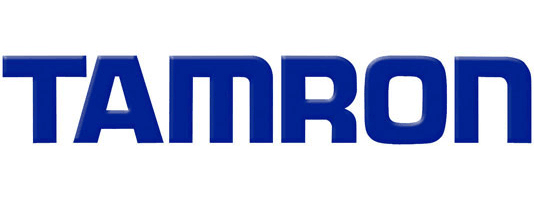Cryptocurrencies and blockchain technology have revolutionized the way we think about transactions, security, and data management. Since the introduction of Bitcoin in 2009, the adoption of cryptocurrencies has grown exponentially, with thousands of different cryptocurrencies now in existence. Blockchain technology, the underlying technology behind cryptocurrencies, has also gained widespread attention for its potential applications in various industries beyond finance.
Blockchain technology is a decentralized, distributed ledger that records transactions across multiple computers in a secure and tamper-proof manner. Each transaction is verified by network participants before being added to the blockchain, making it transparent and immutable. This level of security and transparency has made blockchain technology an attractive solution for a wide range of industries, including finance, healthcare, supply chain management, and more.
In this article, we will explore how cryptocurrencies and blockchain technology are being implemented in various industries, the challenges they face, and the potential benefits they offer.
Cryptocurrency implementations
One of the most well-known implementations of cryptocurrency is in the financial sector. Cryptocurrencies have the potential to revolutionize the way we think about money, payments, and financial transactions. With lower fees, faster transaction times, and increased security, cryptocurrencies offer a compelling alternative to traditional banking systems.
Many companies are now accepting cryptocurrencies as a form of payment, including large retailers such as Microsoft, Overstock, and Shopify. This adoption has helped to legitimize cryptocurrencies as a viable means of payment and has led to increased awareness and acceptance among consumers.
Another area where cryptocurrencies are being implemented is in cross-border payments. Traditional methods of transferring money across borders can be slow, expensive, and inefficient. Cryptocurrencies offer a way to bypass these limitations by providing a fast and cost-effective means of transferring funds internationally.
In addition to payments, cryptocurrencies are also being used for fundraising through Initial Coin Offerings (ICOs). ICOs have become a popular way for startups to raise funds by issuing digital tokens that can be bought and traded on various cryptocurrency exchanges. While ICOs have faced criticism for their lack of regulation and potential for fraud, they have also provided a new way for companies to raise capital and engage with investors.
Blockchain solution implementations
Beyond cryptocurrencies, blockchain technology is being implemented in a wide range of industries to improve efficiency, transparency, and security. One area where blockchain technology is making a significant impact is supply chain management. By using blockchain technology to track the movement of goods from production to delivery, companies can improve transparency, reduce fraud, and streamline Anex System the process of verifying the authenticity and provenance of products.
Healthcare is another industry where blockchain technology is being implemented to improve data security and interoperability. By using blockchain technology to securely store and share patient records, healthcare providers can ensure the privacy and integrity of sensitive medical data while also improving the speed and accuracy of data exchange between different organizations.
Blockchain technology is also being used in the real estate industry to streamline property transactions and improve transparency. By recording property ownership and transaction history on a blockchain, companies can reduce the risk of fraud and errors, as well as speed up the process of buying and selling properties.
In the energy sector, blockchain technology is being implemented to create a more decentralized and efficient energy grid. By using blockchain technology to track energy production and consumption, companies can optimize energy distribution, reduce costs, and increase the use of renewable energy sources.
Challenges and benefits
While the implementation of cryptocurrencies and blockchain technology offers significant benefits, there are also challenges that need to be addressed. One of the main challenges is scalability. As the number of transactions on a blockchain network increases, so does the time and cost of verifying those transactions. This scalability issue has led to the development of solutions such as off-chain transactions, sharding, and second-layer protocols to improve the speed and efficiency of blockchain networks.
Another challenge is regulation. The decentralized and anonymous nature of cryptocurrencies has raised concerns among regulators about illegal activities such as money laundering, tax evasion, and fraud. Governments around the world are now working to establish regulations that balance the benefits of cryptocurrencies with the need for consumer protection and crime prevention.
Despite these challenges, the benefits of implementing cryptocurrencies and blockchain technology are significant. These technologies have the potential to improve transparency, efficiency, security, and trust in a wide range of industries, leading to lower costs, faster transactions, and increased innovation.
In conclusion, the implementation of cryptocurrencies and blockchain technology is revolutionizing the way we think about transactions, security, and data management. With continued adoption and innovation, these technologies have the potential to transform industries and improve the lives of people around the world.

















